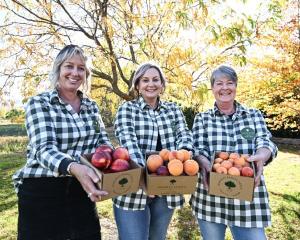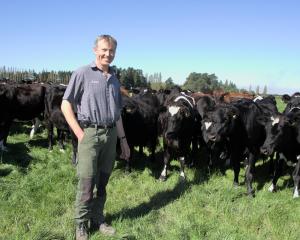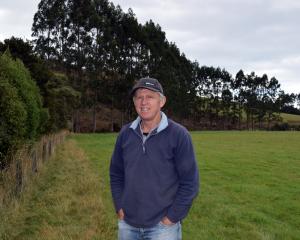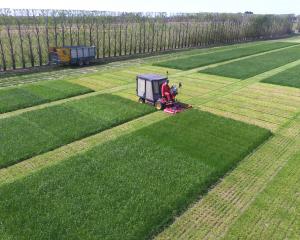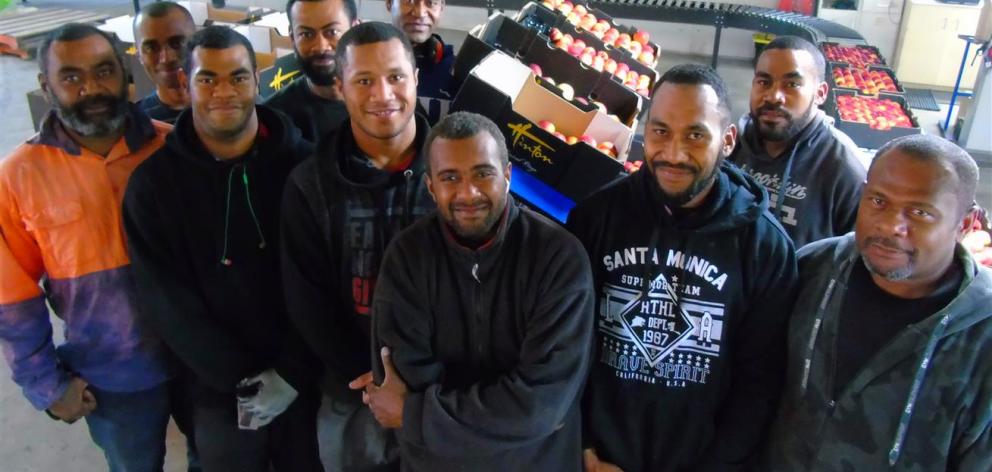
The Fijian Government is aiming to generate $10 million a year for its economy by increasing the number of workers coming to New Zealand on the recognised seasonal employer scheme (RSE).
The Minister for Employment, Productivity and Industrial Relations, Jone Usamate, visited Central Otago last week, touring Gourmet Summerfruits in Roxburgh and Hintons orchard in Alexandra, meeting Fijian workers, and orchard owners.
Mr Usamate oversees the RSE scheme for Fiji, which allows New Zealand horticulture and viticulture industries to recruit overseas workers for seasonal work.
Fiji has participated in the RSE scheme only since 2014, following democratic electionswhich ended eight years of military rule.
Statistics supplied by Immigration New Zealand said RSE approvals from Fiji numbered 31 in the 2015 season, 105 in 2016 and 388 in 2017.
Mr Usamate had a target to increase that number to 1000 workers a year coming from Fiji, earning on average $10,000 each season.
This would mean the potential was for $10million a year to be invested in Fiji, Mr Usamate said.
“Our aim is for $10million to feed into the rural community.”
Mr Usamate acknowledged some difficulties with workers, including reports of poor behaviour and absenteeism, which led to him banning entire villages from the scheme last year.
“It’s hard work. We’ve seen the work. It’s not easy,” Mr Usamate said.
The scheme was now only being offered to workers from rural and maritime areas, who had demonstrated a better aptitude for the physical work.
The vetting process was also more robust, including asking village communities to vouch for individuals, and screenings by rural advisory councils, he said.
“They need to be prepared well. No-one can lag behind; all have to work together,” Mr Usamate said.
Immigration New Zealand manager for Pacifica labour and skills, George Rarere, said a pre-departure toolkit had been developed for each Pacific country, providing workers with training about the working environment, paying tax and about employers within the RSE scheme.
“Ensuring they know how things work here better helps them to understand the importance of good behaviour in the work place,” Mr Rarere said.
Sarah Hinton, of Hinton Orchards in Alexandra, said the operation would be happy to have more workers under the RSE scheme, but that was dependent on the Government cap on the number of workers.
“We’ve had Fijians working for us for the last two seasons under the RSE scheme, five last season and 10 this season.”
“They are very pleasant men, very lovely men and they want to do the right thing,” she said.
When the RSE scheme began in 2007, the national cap on workers was 5000.
Due to employer demand it had risen almost yearly and the latest increase, in December 2017, was to 11,100.
Information from the Ministry of Business, Innovation and Employment showed about 7% of workers coming to New Zealand on the RSE scheme worked in the Otago region.
SIMON HENDERSON
@thenews.co.nz


